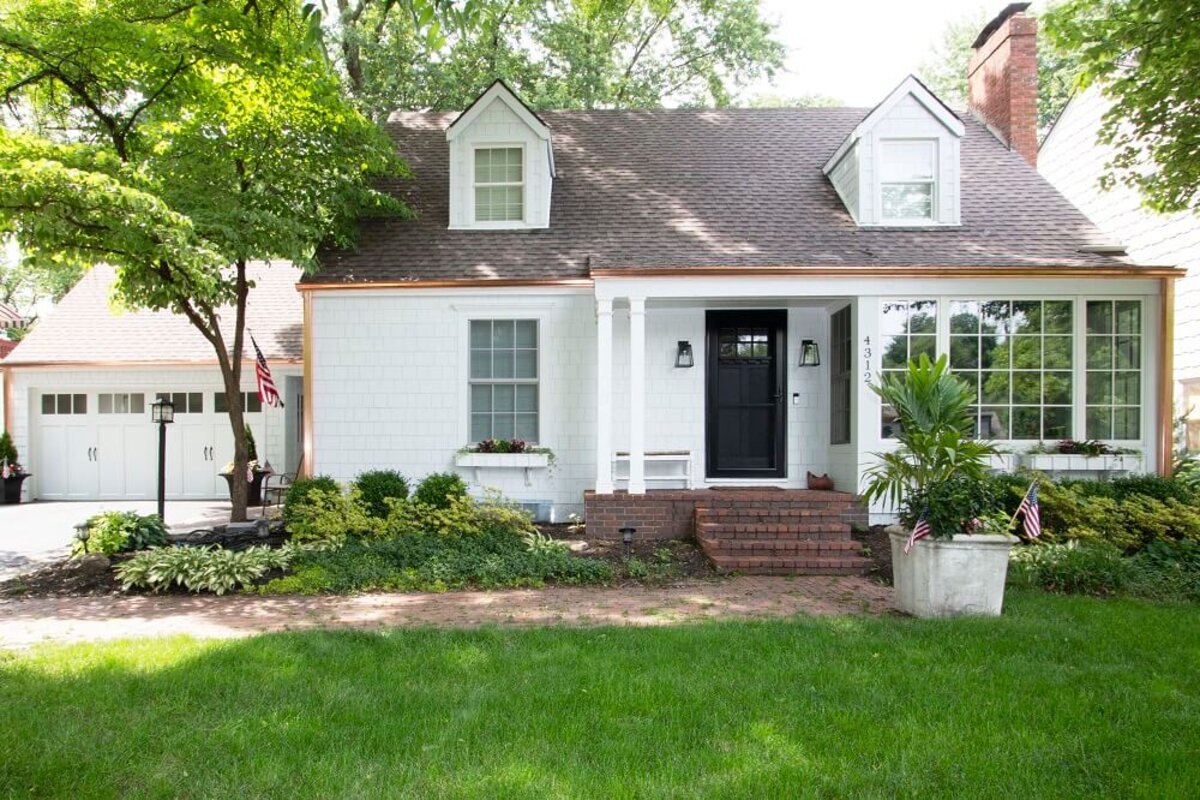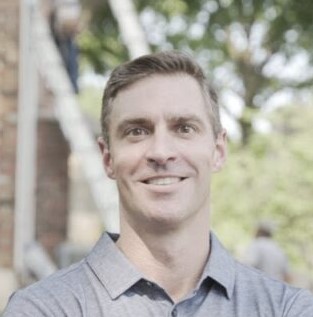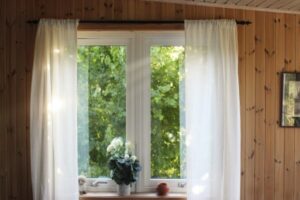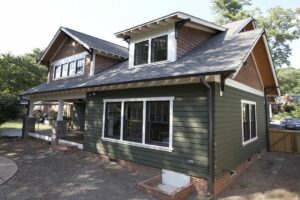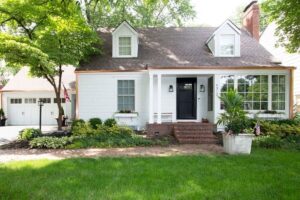While the choice of siding material undoubtedly influences its durability, the lifespan of your siding is influenced by many factors that extend beyond the material itself. Climate, moisture, extreme weather, and installation quality all play a part in the longevity of your siding. Whether you’re a homeowner considering a siding replacement or are interested in prolonging the lifespan of your existing siding, understanding these factors is key to making informed decisions that protect your investment and maintain your home’s value.
Siding Materials Have Varying Lifespans
Vinyl, wood, and fiber cement are the most popular siding options for Kentucky homes.
Vinyl Siding:
- Average Lifespan: 20 to 40 years
- Vinyl siding is durable and relatively low maintenance. However, its lifespan can be affected by exposure to extreme weather conditions and direct sunlight.
Fiber Cement Siding:
- Average Lifespan: 25 to 50 years or more
- James Hardie siding is known for its durability and rot, insect, and fire resistance. Proper installation and regular maintenance can extend its lifespan.
Wood Siding:
- Average Lifespan: 20 to 40 years (varies by wood type and maintenance)
- Wood siding offers a classic and natural look. The lifespan depends on the wood species, maintenance, and protection against moisture, pests, and UV exposure.
Factors Affecting the Lifespan of Your Siding
Many factors in and out of your control can affect the lifespan of your siding.
Climate
Harsh weather conditions like extreme heat, cold, or humidity can cause your siding to deteriorate more quickly.
- Prolonged exposure to high temperatures can cause certain siding materials, such as vinyl, to warp or become discolored and brittle. Heat can also cause the finish on your siding to fade and crack.
- Freeze-thaw cycles can gradually degrade the structural integrity of your siding, particularly if water infiltrates and then freezes within cracks.
- High humidity levels can lead to moisture infiltration and the growth of mold, mildew, and rot on wood siding. Excessive moisture can also lead to warping and swelling.
Installation Quality
Your siding is a part of a system that protects your home. Your house is susceptible to water damage when you have improperly installed flashing or gaps in the siding panels. A professional company will use high-quality materials and excellent installation practices that will prolong your sidings lifespan. They will also have outstanding workmanship and material warranties.
Maintenance
Regular maintenance is one of the easiest ways to increase the lifespan of your siding.
Here are some simple siding maintenance tasks:
- Gentle cleaning
- Regular inspections
- Recaulking
- Repainting
- Resealing
Keeping trees and shrubbery trimmed can also help prevent damage to your siding. Low-hanging branches can scratch siding, and cause leaves to clog your gutters and downspouts. Shrubs close to the siding can also trap moisture, which isn’t good for most types of siding. Neglecting your siding can cause premature deterioration and cause you to miss minor problems that can become serious.
Choose James Hardie Siding for Your Kentucky Home
James Hardie is the siding we recommend because it requires minimal maintenance. It can mimic natural materials like wood, has a 30% slower fade rate than other materials, and comes with a 15-year color treatment warranty.
James Hardie siding is known for its longevity and durability. It resists cracking and chipping and is specifically designed with climate technology that can handle repeated freeze-thaw cycles. It is also non-combustible and resistant to pests.
Increase the Lifespan of Your Siding by Trusting the Professionals
Quality siding is only as good as the crew that installs it. Kentucky Home Exteriors has excellent relationships with manufacturers, so we can offer competitive quotes and fantastic warranties. If you want to learn more about James Hardie and how to get the most out of the lifespan of your siding, contact us for a free in-person consultation.

